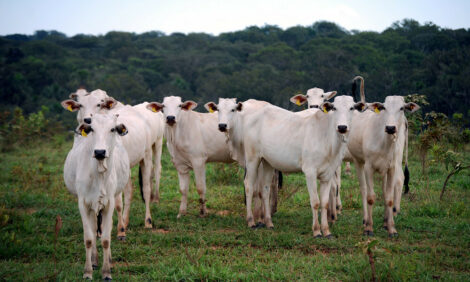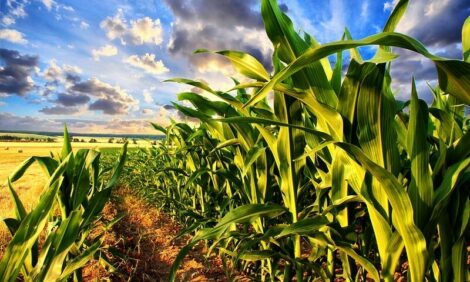



Ranchers' Rights are Being Trampled
US - Livestock grazing is an important part of the rich ranching tradition in America. One need to look no farther than the iconic images of cowboys driving huge herds of cattle across open land to realise how big a part ranching has played in American history, writes US Representative Raúl Labrador (Idaho).Today, my home state of Idaho produces some of the world's finest tasting lamb and beef, which makes its way to dinner tables across America and as far away as Korea. Food production is a major part of Idaho's history and is an integral part of our cultural fabric and our economic security. These traditions are under attack and we must preserve them for future generations.
Ranchers are proud stewards of the land; their reputations and financial security depend on this basic fact. Yet, the process to review the very permits that allow them to produce food has become severely backlogged due to lawsuits aimed at eliminating livestock from public lands. The local federal land managing offices, staffed by fine men and women, cannot keep up with the pace of litigation and the endless environmental analysis. This diverts the already-limited resources from these offices and leaves ranchers at risk of losing their grazing permits and jeopardizing their livelihoods.
Agriculture is a difficult way to make a living, but producers choose this path because it is their livelihood, their passion, their way of life. Several ranchers in my state of Idaho have said that if they were to lose their grazing permit they would have to subdivide their land. I cannot allow this to happen. My bill, the Grazing Improvement Act of 2012, would provide relief to these ranchers and to ranchers throughout the country.
When my constituent, Owyhee County rancher Brenda Richards, testified on H.R. 4234 in March she talked not just about the efficiencies the bill would bring to the overall system - providing cost savings to taxpayers - but she passionately expressed the unstable situation facing ranchers like her.
Seventy-eight per cent of Owyhee County is public land, making local ranchers (and the county economy) dependent on reliable, yet responsible access to public land forage. According to Richards, ranchers not only face uncertainty each year about whether permits will be renewed, they are also being threatened with new bureaucratic red tape when it comes to crossing and trailing their animals across public lands - a longstanding necessity in the livestock industry.
Radical special interest litigants have driven the agencies to consider this low-impact activity a "major agency action" that requires full environmental analysis under the National Environmental Protection Act (NEPA). My bill would prevent such wasteful, unnecessary and damaging overregulation.
The Grazing Improvement Act of 2012 would accomplish three important goals. First, it extends livestock grazing permits from 10 to 20 years in order to give producers adequate stability. This twenty-year window not only allows ranchers to make long term economic plans, it also reduces the workload on overburdened federal land managers on the local level and allows them to get out into the field where they belong.
In addition, the legislation included bipartisan language to encourage land managers to use existing tools in order to expedite permit processing. This commonsense provision streamlines the review process - allowing agencies more ways to eliminate red tape without compromising environmental safeguards. Finally, the bill modifies the broken and lengthy administrative appeals procedure. It changes the process from a costly, confrontational and bureaucratic nightmare for both ranchers and land managers into a system that ensures environmental protection while allowing grazing to continue where appropriate.
We can be good stewards of our land and resources without hurting American ranchers. We must alleviate the problems caused by a tedious bureaucratic process created only to respond to the litigious environmental agenda. We can no longer allow the federal government to maintain an enormous backlog in processing grazing permits. My legislation aims to ensure grazing certainty and stability for America's livestock producers. Our ranchers depend upon it.
TheCattleSite News Desk


